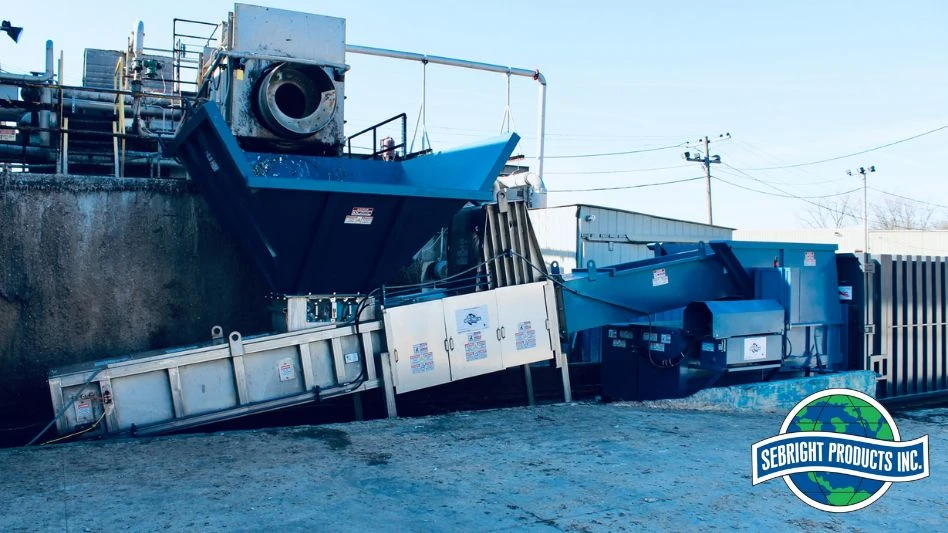The University of York in the United Kingdom is the lead entity on a £5 million ($7 million) project to develop the “bioeconomy” in Yorkshire, the Humber region and the Tees Valley areas of the U.K.
The THYME project involves collaboration between the Universities of York, Hull and Teesside and is intended to build on “the existing expertise and innovation in the region” in a new.
Those involved in the three-year project say the funding will boost the region’s economy, create jobs and deliver major environmental benefits.
The THYME project is part of a larger investment package designed to drive university commercialization via Research England’s Connecting Capability Fund (CCF).
The bioeconomy uses renewable, biological resources such as plants, wastes and residues to create products that can reduce reliance on fossil resources while also diverting waste from landfill.
The THYME project has three predominant themes:
- Transform: produce high-value products from bio-based wastes and byproducts;
- Convert: repurpose industrial sites for bio-based manufacturing; and
- Grow: increase productivity by reducing waste and energy use, adding value to byproducts and developing better products using industrial biotechnology.
The project is being led by the University of York and conducted in partnership with the Biorenewables Development Centre (BDC) and BioVale.
“This project builds on our world-leading expertise in the bioeconomy here at York and the wider region,” says Professor Jon Timmis at the University of York. “The university is committed to being a key player in regional growth, and this project provides an excellent opportunity for the university to help deliver that commitment.”
BDC Director Joe Ross, adds, “There’s growing interest in shifting away from a traditional, linear, fossil-based economy that has, for example, littered the planet with plastics. We believe that switching to a circular economy based on biorenewable materials will provide major benefits for the environment, for human health and for the economy – and that [northern England] has the assets and the knowledge to lead the change.”
A recent Science and Innovation Audit (SIA) of the bioeconomy in the north of England revealed there are more than 16,000 bioeconomy-related companies in the region, with total annual sales of more than £91 billion ($128 billion), employing around 415,000 people.
The bioeconomy is estimated to be worth £220 billion ($309 billion) in all of the U.K., and the government’s industrial strategy is striving to double its size by 2030.
Latest from Waste Today
- Denali partners with the Independent Natural Food Retailers Association
- Circular Action Alliance submits plan proposal for Colorado’s producer responsibility program
- Colorado landfill raises tipping fees
- $9.8M in waste and recycling grants awarded in Nebraska
- Reworld, Goodwill Keystone honored with e-scrap recycling award
- Circular Services acquires Quantum Organics
- Lincoln Waste Solutions refreshes brand
- Spokane, Washington, explores carbon capture technology at WTE facility





